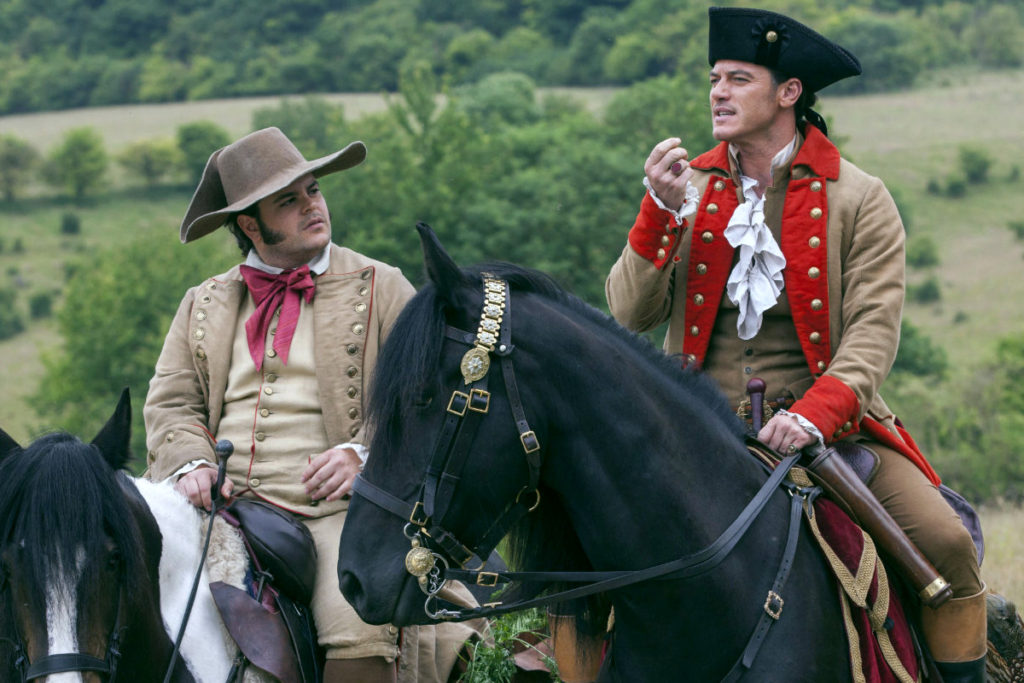A couple of days ago, I read a comment on social media from a friend whom I first met during my time in a para-church group while in university. He had recently watched Disney’s live-action remake of Beauty and the Beast, he wrote, and found out that the much-talked-about “gay moment” was just a split-second long.
Those who objected to the scene were overreacting, he said.
This was certainly not the only comment of this nature I’ve seen on social media since the release of the movie a few weeks ago.
To put matters in context, prior to the release of Beauty and the Beast, the movie’s director Bill Condon had revealed in an interview with gay magazine Attitude that the movie would contain an “exclusively gay moment” involving the character LeFou, a sycophantic sidekick of the villain Gaston.
“LeFou is somebody who on one day wants to be Gaston, and on another day wants to kiss Gaston,” said Condon.
This, along with Disney’s airing of its first same-sex kissing scene in the cartoon Star vs the Forces of Evil at around the same time, was met with a strong pushback from various Christian leaders in the United States and elsewhere. Franklin Graham, for example, hoped that “Christians everywhere will say no to Disney”.
On March 14, the National Council of Churches of Singapore released an advisory to churches warning of “The Gay Agenda in Disney’s Beauty and the Beast” and urged pastors and church leaders to “alert members of their congregation about the homosexual content in Disney’s re-make” and to “exercise discretion in guiding young children concerning viewing this movie”.

Personally, I do not think it is appropriate for children to be exposed to such ideas about sexuality, let alone be influenced by politics being waged over homosexual issues.
Is it a political matter? Consider the opinion of Attitude editor-in-chief Matt Cain – responding to the comments made by director Bill Condon. Cain called the “exclusively gay moment” in the movie “a watershed moment for Disney”, “sending out a message that (same-sex attraction) is normal and natural – and this is a message that will be heard in every country of the world, even countries where it’s still socially unacceptable or even illegal to be gay”.
That’s for society to grapple with. Meanwhile, how should the Church respond, when it boils down to the individual decisions to watch the movie or otherwise?
Consider Paul’s exhortation to the church in Romans 14:13 to “not pass judgment on one another” in matters of conscience, but rather, to “decide never to put a stumbling block or hindrance in the way of a brother”.
Dealing with the topic of “clean” and “unclean” food in the early church in his letter to the Romans, Paul further cautioned the church against burdening the consciences of fellow brothers-in-Christ, by doing anything that might cause them to stumble in whatever they eat or drink.
How should the Church respond, when it boils down to the individual decisions to watch the movie or otherwise?
While the “exclusively gay moment” in a movie like Beauty and the Beast might not affect a mature believer, a new believer or a young child watching the movie may come away with a different impression.
One Christian might think it harmless to his faith to watch the movie, while another might object to its contents on account of conscience. Yet another may refrain from watching the film even though he sees nothing wrong with it, because he is mindful of the kind of message that he would send to other believers by doing so, and does not wish to stumble them.
In any of the above cases, it would not be the place of any of the above believers to pass judgment on the others for either watching, not watching, or objecting to the film.
Every believer is called upon to exercise charity and to look out for one another so that we do not destroy the faith of others. In this, it is the role of the church leadership constantly to teach, admonish and edify the believers.
Ultimately, we believers are the Lord’s, and each of us will give an account of himself to God. “So then,” as Paul wrote to the church, “let us pursue what makes for peace and for mutual upbuilding” (Romans 14:19).










